Oral hygiene stands as an indispensable pillar for cultivating both an alluring smile and robust overall well-being. The oversight of oral health may usher in a host of complications, encompassing dental cavities, gum maladies, and even adverse cardiovascular repercussions. The profound impact of a beaming smile on personal confidence and general health is widely recognized. In this shared exploration, we will embark on a comprehensive analysis of the ten prevalent mistakes observed in the realm of oral hygiene, gaining insights to facilitate the prevention of these errors.
Table of Contents
Neglecting Consistent Brushing and Flossing: A Unified Concern in Oral Hygiene
A recurring misjudgment among individuals is the omission of their daily brushing and flossing regimen, a cardinal step in oral hygiene. This fundamental communal misstep often arises from underestimating the significance of these seemingly uncomplicated routines. Nevertheless, it is through brushing and flossing that we collectively endeavor to purge food debris and plaque, entities that harbor the potential to precipitate tooth decay and gum complications.

Employing Inappropriate Toothbrushes: A Shared Misperception
The act of selecting the most suitable toothbrush is riddled with shared misconceptions. A prevalent error involves the assumption that toothbrushes with rigid bristles offer enhanced cleaning performance. Regrettably, this collective misperception fails to account for the adverse consequences, which encompass potential gum harm and tooth enamel abrasion. The consensus among us is to opt for toothbrushes adorned with soft bristles, an approach that ensures effective cleansing without detriment.
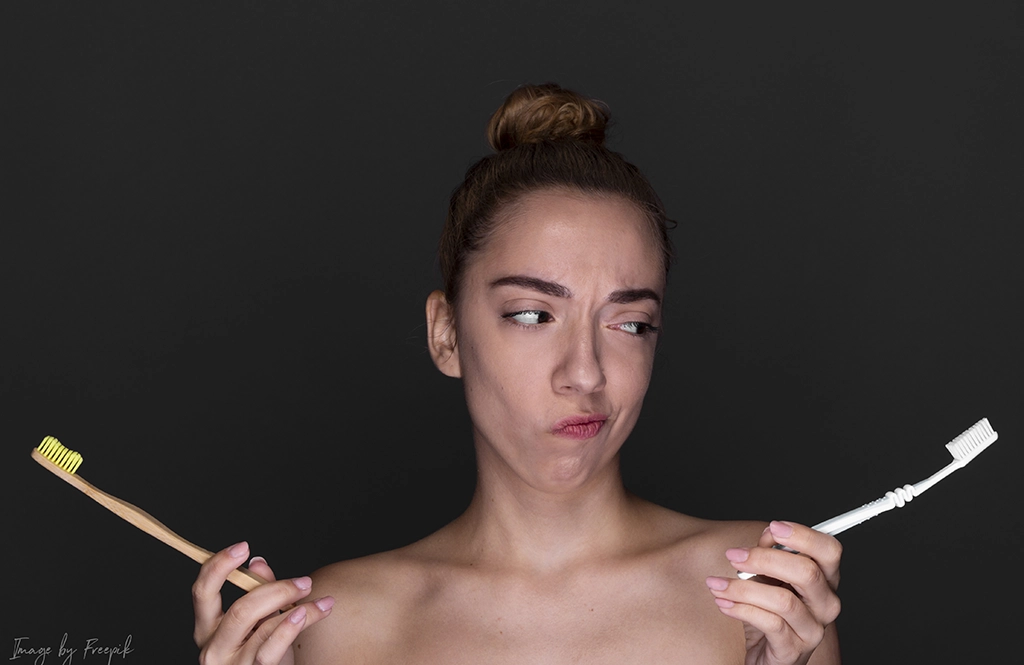
Failing to Replace Toothbrushes Promptly: A Mutual Acknowledgement
Even for those who possess the optimal toothbrush, the prolonged utilization thereof is recognized as counterproductive. A shared acknowledgment exists concerning the deterioration of bristle efficacy over time, thereby necessitating the collective endorsement of toothbrush replacement every three to four months to guarantee peak functionality.
Neglecting Tongue Cleaning: A Unified Recognition
Beyond the scope of tooth hygiene lies a mutual understanding of the pertinence of tongue cleansing. The recognition of this collective awareness stems from an awareness that overlooking the tongue’s hygiene may trigger halitosis and bacterial accretion. The accepted course of action lies in the utilization of a tongue scraper or a toothbrush to delicately cleanse the tongue’s surface.
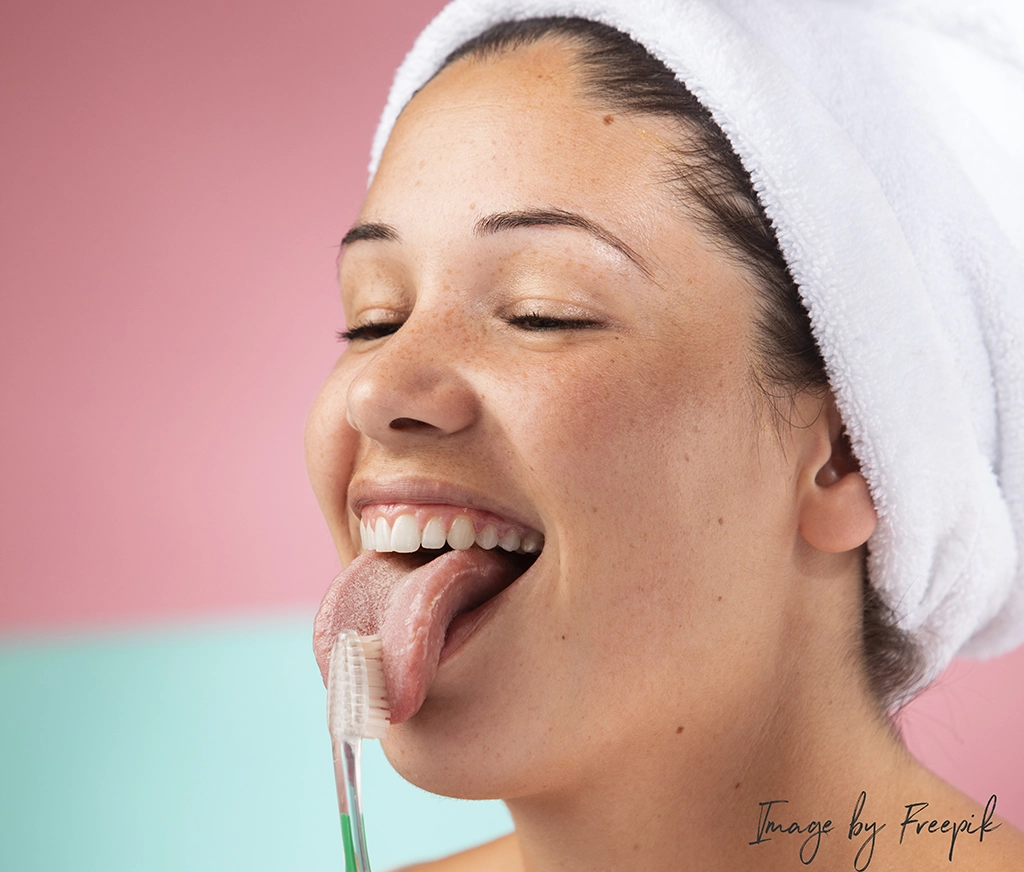
Underestimating the Significance of Mouthwash: A Collective Realization
Mouthwash transcends its conventional identity as a mere breath freshener within our collective perspective. We collectively comprehend its pivotal role in bacterial elimination within the oral cavity. Our common perception thus advocates the incorporation of antimicrobial mouthwash as a constituent of our oral care regimen, thereby yielding a pronounced enhancement in oral hygiene.
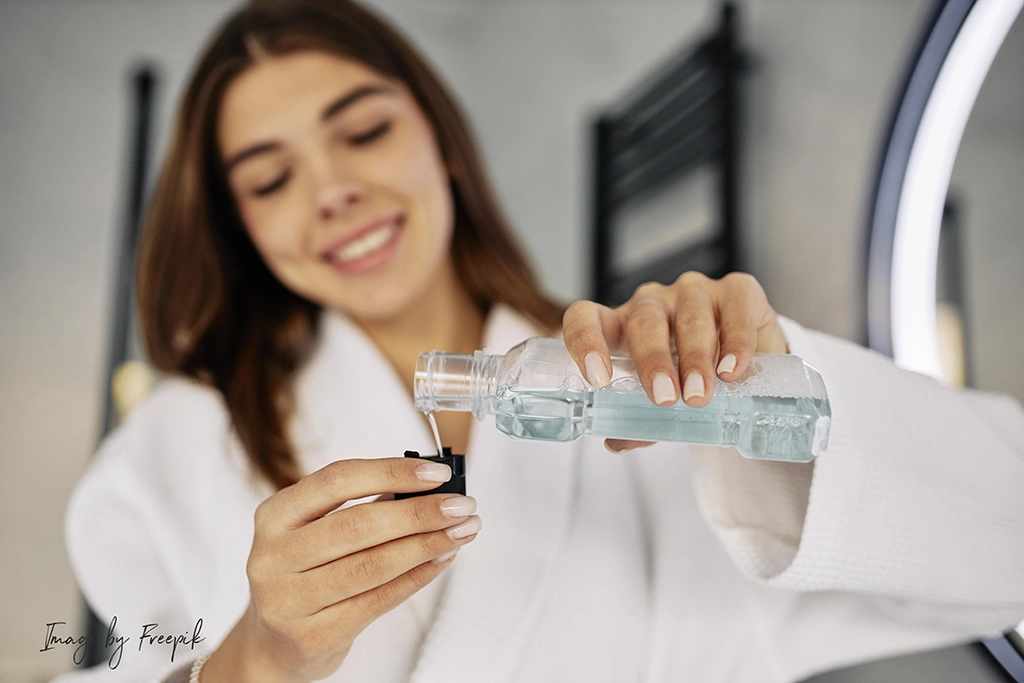
Inadequate Hydration: A Universal Imperative
Dehydration extends its ramifications to encompass overall health and oral well-being, as elucidated through our shared recognition. The commonly accepted truth underscores the role of saliva in oral cleansing and acid neutralization. To sustain oral hydration and mitigate the consequences of dry mouth, a collective commitment to adequate water consumption prevails.
Excessive Sugar Consumption: A Widespread Challenge
The perennial challenge of excessive sugar consumption is a phenomenon that resonates with a broad spectrum of individuals. Our shared cognizance is rooted in the awareness that excessive sugar intake serves as a prime catalyst for dental cavities. This collective awareness urges moderation in the consumption of sugary snacks and beverages, with a concomitant commitment to post-indulgence tooth brushing.
Evading Regular Dental Appointments: A Joint Goal
The shared vision of the significance of routine dental appointments holds unanimous sway. We collectively appreciate the capacity of dental practitioners to pre-empt and redress oral health issues before they burge into critical predicaments. It is our collective resolve to proactively schedule dental appointments and not await the onset of dental crises.
Vigilance Against Overbrushing: A Mutual Precaution
Amid the collective endeavor of tooth brushing lies a shared apprehension regarding the potential for overzealousness. It is our collective understanding that excessive or overly forceful brushing may lead to enamel erosion and gum injury. As a collective entity, we champion the cause of gentle brushing, harmonizing with the consensus to brush twice daily.
Caution Against DIY Orthodontic Interventions: A Collaborative Stance
The surging popularity of DIY orthodontics has spurred a joint call for vigilance. As many individuals endeavor to align their teeth independently, we collectively apprehend the specter of severe dental complications. A unified assertion underscores the significance of consulting professional orthodontists to secure safe and efficacious orthodontic care.
A Unified Conclusion: Prioritizing Oral Health
In summary, the significance of oral hygiene reverberates as a collective imperative for universal health. The shared commitment to rectifying common errors, as detailed in this collective endeavor, augments our prospects for achieving and collectively sustaining radiant smiles while averting dental dilemmas. A unified commitment underscores the primacy of oral health, including consistent dental consultations, ensuring that our smiles are emblematic of confidence and well-being.
Answering FAQs about Oral Health and Tooth Brushing
Now, let’s address some common questions people have about oral health and tooth brushing.
Q1: How often should I change my toothbrush?
It’s recommended to replace your toothbrush every three to four months. Worn-out bristles can’t clean effectively.
Q2: Can I use mouthwash as a substitute for brushing?
Mouthwash is not a substitute for brushing and flossing. It complements your oral hygiene routine but should not replace it.
Q3: Is it possible to overbrush my teeth?
Yes, overbrushing can lead to enamel erosion and gum damage. Stick to gentle brushing techniques.
Q4: What’s the best toothpaste to use?
Choose a toothpaste with fluoride for effective cavity prevention. Specialty toothpaste may be necessary for specific oral health concerns.
Q5: Can a poor diet affect my oral health?
Absolutely. A diet high in sugary and acidic foods can lead to cavities and gum problems. Opt for a balanced diet to support your oral health.

Conclusion
Oral health is more than just a pretty smile; it’s about ensuring the well-being of your teeth and gums. Proper tooth brushing and maintaining good oral hygiene are key components of this. By following the guidelines mentioned in this comprehensive guide, you can achieve and maintain a healthy, radiant smile while avoiding common oral health pitfalls.

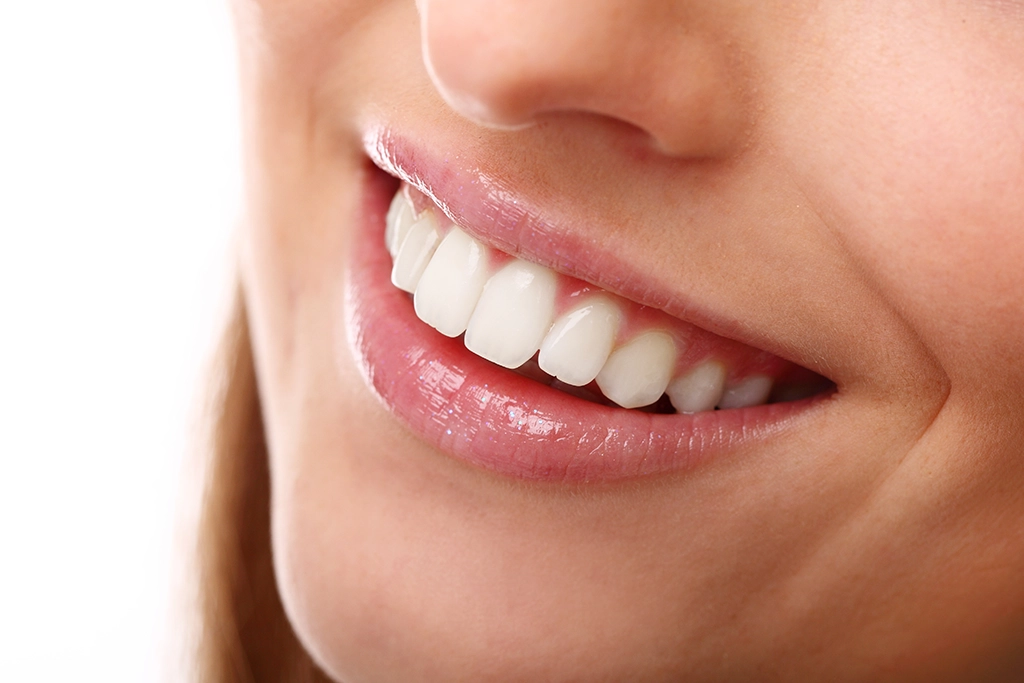





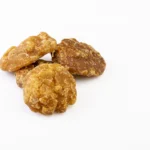
1 thought on “Unlocking Vitality: 10 Critical Mistakes to Avoid in Maintaining Oral Hygiene”